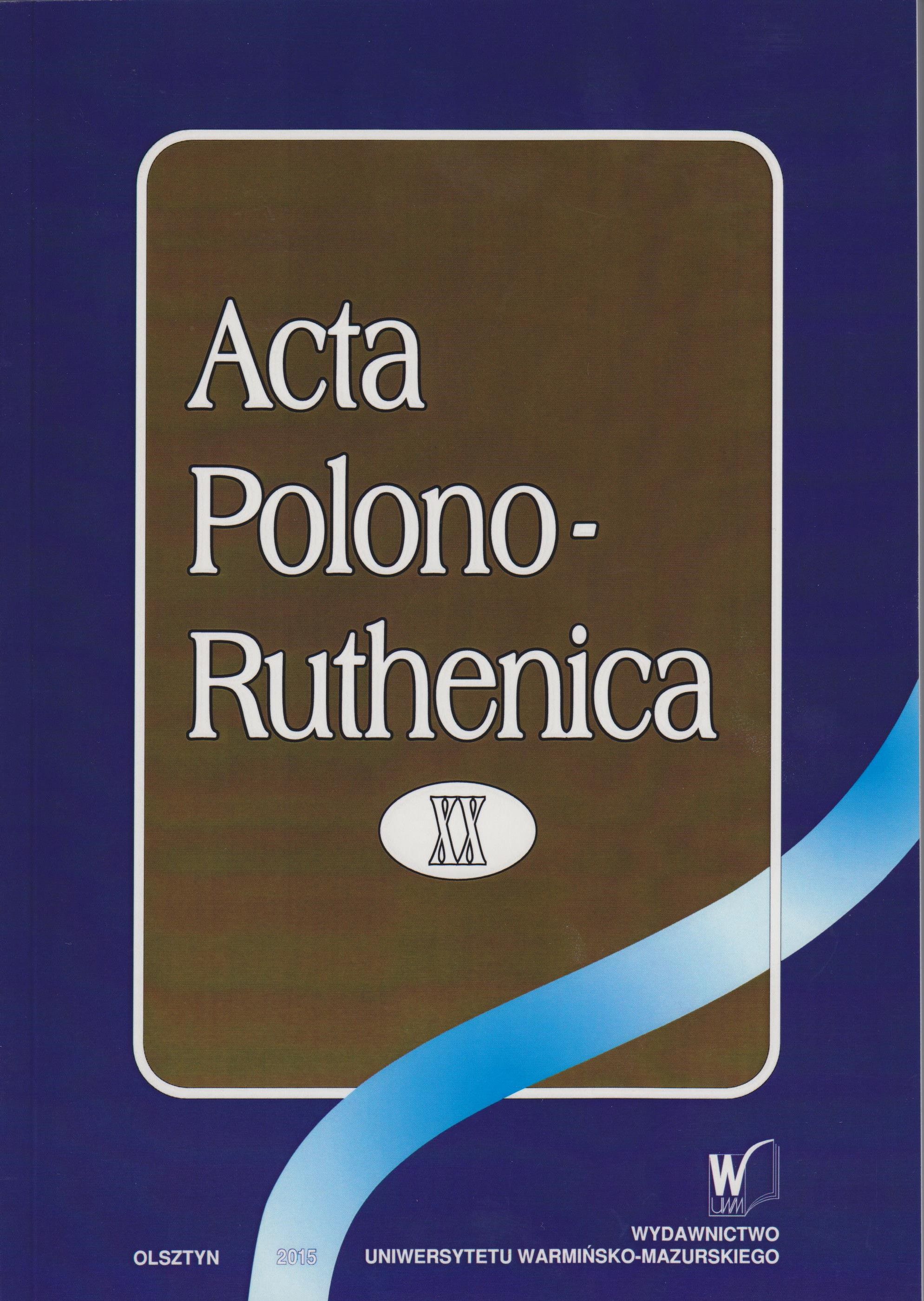Strategie władz wobec ustnej twórczości ludowej w okresie stalinowskim (na materiałach ukraińskich)
Soviet authorities’ strategies in dealing with folklore expressed in oral form in the Stalinist period (based on Ukrainian language texts)
Author(s): Rostysław KramarSubject(s): Language and Literature Studies, Theoretical Linguistics, Applied Linguistics, Studies of Literature
Published by: Wydawnictwo Uniwersytetu Warmińsko-Mazurskiego w Olsztynie
Keywords: Soviet folklore; Stalin, Ukraine; propaganda;
Summary/Abstract: In 1920–1950, Soviet authorities used different strategies in response to Ukrainian folklore. Onthe one hand, they recognised folklore as the “voice of the people”, while stressing the importanceof oral traditions in the formation of the “new man”, thus encouraging the collection of folklorematerials. According to Soviet ideologists, folklore can be seen as a source of inspiration for poetsand musicians who create new songs for the working people. For some folklorists such ideas cameas an incentive for creating a new “Soviet folklore”. For decades, the Soviet propaganda machinewould widely imitate the traditional Ukrainian folklore expressed in oral form, while at the same timepraising the pantheon of “communist saints”. Simultaneously, the Ukrainian Soviet folklore ignoredAuthentic Folklore, which was often highly critical of the Soviet reality.
Journal: Acta Polono-Ruthenica
- Issue Year: 2015
- Issue No: XX
- Page Range: 55-65
- Page Count: 11
- Language: Polish

